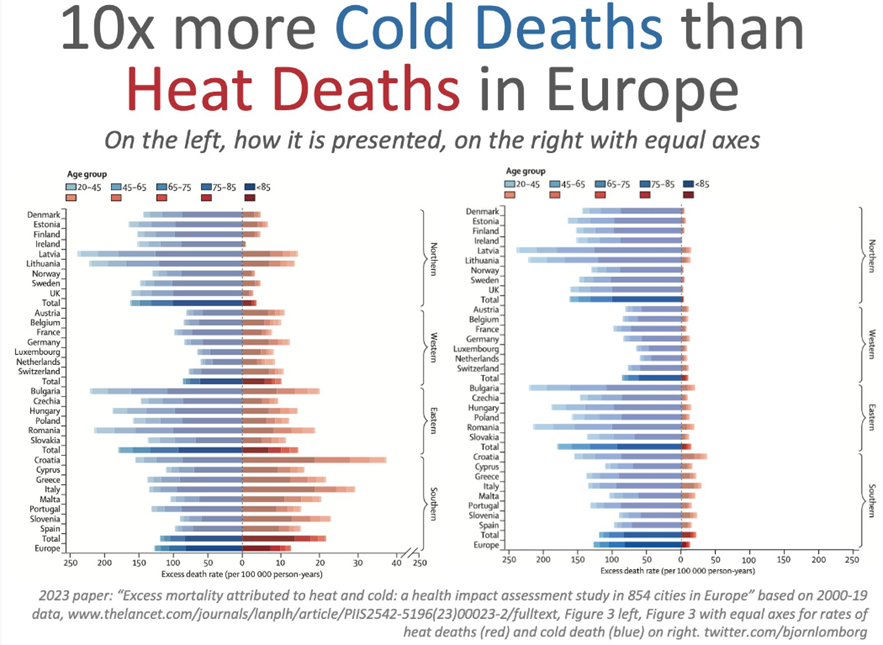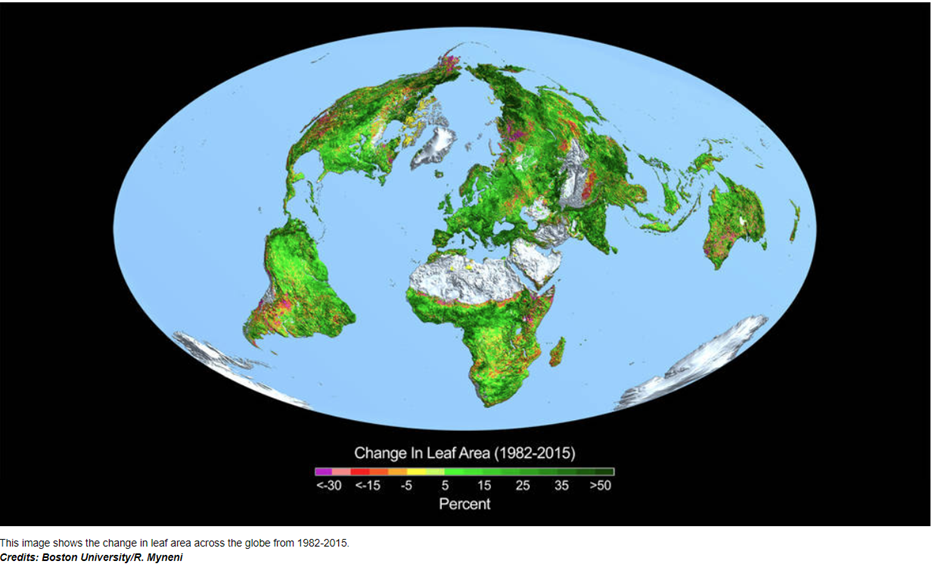OPINION
Summer can be a bit perplexing. According to NIWA, “meteorological summer” begins on 1 December. But “astronomical summer”, marked by the summer solstice, falls on 22 December. Usually, natural summer, determined by weather patterns and the warmest 90-day period of the year, starts around 14 December. Yet, it can kick off as early as 22 November or as late as 5 January. This complexity poses a challenge for mainstream media (MSM) when they claim, ‘the hottest summer ever’. The question arises: to which summer are they referring? When does it start and end?
MSM have presented multiple stories about the Northern Hemisphere’s recent summer, emphasising the severity of its heat and the catastrophic consequences. (No doubt, soon we will have a re-run of such comments for NZ.) But, as that same hemisphere transitions into winter, will we hear about the catastrophes of its cold? Will we get a balanced portrayal or is everything a disaster?
The MSM conveys an impression climate change is causing significantly more casualties than ever before! However, when we assess all four seasons, is this portrayal accurate, or could it be…“misinformation”?
We can all see that the weather changes from season to season; is it also possible that there are seasonal hazards but also benefits, producing a different narrative than just one long tragedy? Are there multiple perspectives regarding climate change, some of which rarely receive attention?
Climate change is acknowledged, specifically global warming, but do we need to catastrophise every event? With this understanding, can we explore whether climate change solely brings about negative consequences? Why do we need to catastrophise everything – where is the balance?
According to MSM, summer spells disaster! The planet is “boiling”, and us along with it! Here is how summer is presented by the MSM:

MSM reports (it’s ‘scientific’) that the human-caused climate crisis is undeniably to blame for the deadly heatwaves that struck Europe and the US and would have been virtually impossible without the global heating driven by burning fossil fuels. Ramping up our dire situation, MSM reports a study published in the journal Nature Medicine, which found that 61,672 people died in Europe from heat-related illnesses between May 30 and September 4 last year (2022), during Europe’s hottest “summer” on record!
It is indeed concerning that people are suffering from heat-related deaths. However, it is also important to note that the complete narrative is often censored because it doesn’t align with the ‘climate-change catastrophe’ story. We don’t hear both sides of the story. The situation might not be as alarming as it seems.
As evidence consider the following study and how the narrative is slanted: Gasparrini A, Guo Y, Sera F, et al. Excess mortality attributed to heat and cold: a health impact assessment study in 854 cities in Europe. Lancet Planetary Health, 2023; 7: e301–12.
The paper reports a comprehensive “mortality impact assessment” due to heat and cold, considering geographical differences and age-specific risks. The paper estimates that, across the 854 urban areas in Europe, there was an annual excess of 203,620 deaths attributed to cold and 20,173 attributed to heat, ie 10 times as many people die due to cold as die due to heat. Could this mean that climate change, in Europe, could be saving lives? Crazy!
Of course, the results were not presented in this context. Take a close look at the left-hand-side graph and note the labelling on the X-axis. Compare with the accurate rendering of the information in the right-hand-side graph. It tells a very different story.

As a result of a temperature rise since 2000, we are now experiencing 166,000 fewer “temperature-related deaths” each year.This is a combination of over 116,000 fewer deaths due to heat and nearly 283,000 fewer deaths due to cold.

“Climate change” would be less of a ‘catastrophe’ and we couldn’t declare a ‘climate crisis’ when there exists evidence that global warming can be a positive thing.
Take the “greening of the Earth” as another example. In a NASA study using satellite data to measure ‘leaf cover’ across the world’s vegetated regions, from 1982 to 2015, researchers noted significant changes. The image below depicts these alterations, with green representing growth and brown indicating decline. The study found that more than 25 per cent of Earth’s vegetated lands have seen substantial greening in the last 35 years. Carbon dioxide fertilisation is the primary driver, contributing to 70 per cent of the greening effect, while factors such as nitrogen, land cover changes and climate variations – like shifts in global temperature, precipitation and sunlight – also played a role.
The significant absorption of CO2 by vegetation is likely to have a greater, ongoing and increasing impact in mitigating global warming. Do the MSM inform us that the carbon sink is expanding? (In large part without human help.) What are the potential outcomes?
www.nasa.gov/feature/goddard/2016/carbon-dioxide-fertilization-greening-earth

In the run-up to the election, the MSM has prominently highlighted the calls from the Greens, Labour and the Maori Parties to declare a “climate emergency”. MSM media does this to bolster support for their favoured agenda and to intensify and justify ‘their’ climate-change narrative. They present climate change as an established matter with only one accepted perspective: theirs. In many ways, in NZ, it is the tail (MSM) wagging the dog (politics). They even get paid for it.
I call for a thorough and nuanced discussion of climate change’s consequences and the potential solutions before we entrust our votes to parties or individuals who may endorse further harmful and ineffective strategies.
Rather than adopting a partisan stance and presenting a biased perspective, the MSM should take the lead in fostering these discussions. This could go a long way to restoring their integrity and credibility and greatly aid voters in making informed decisions.

